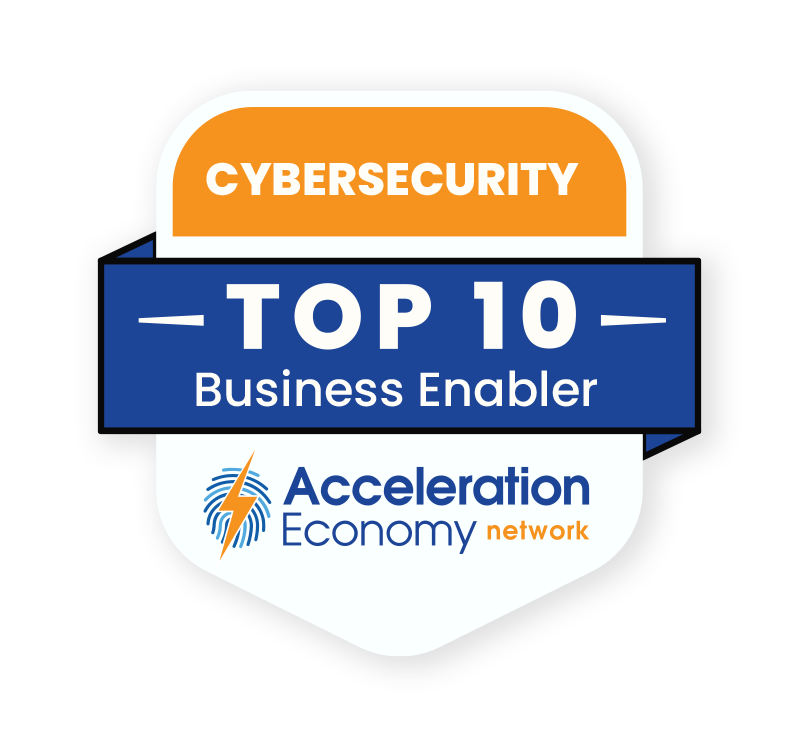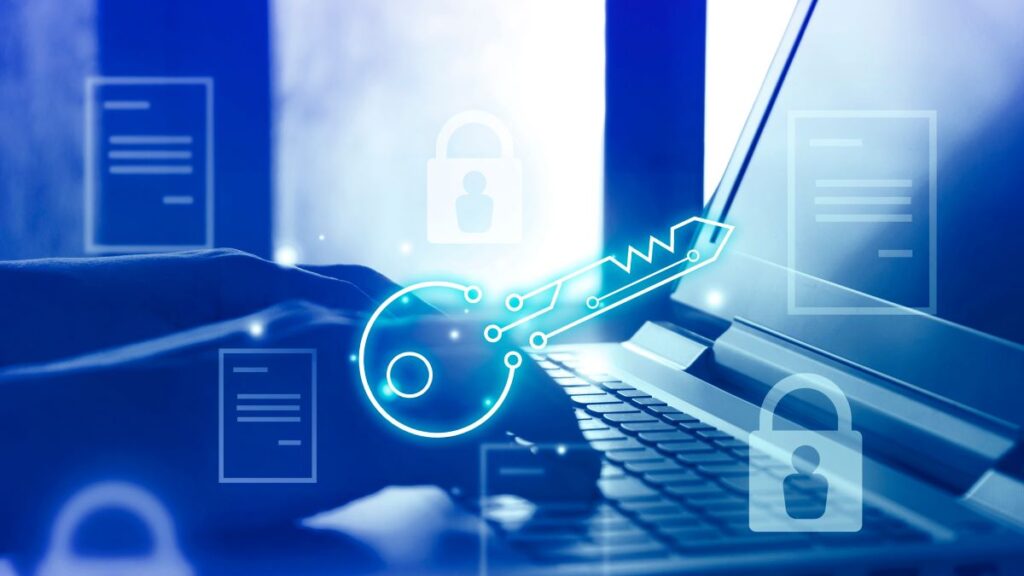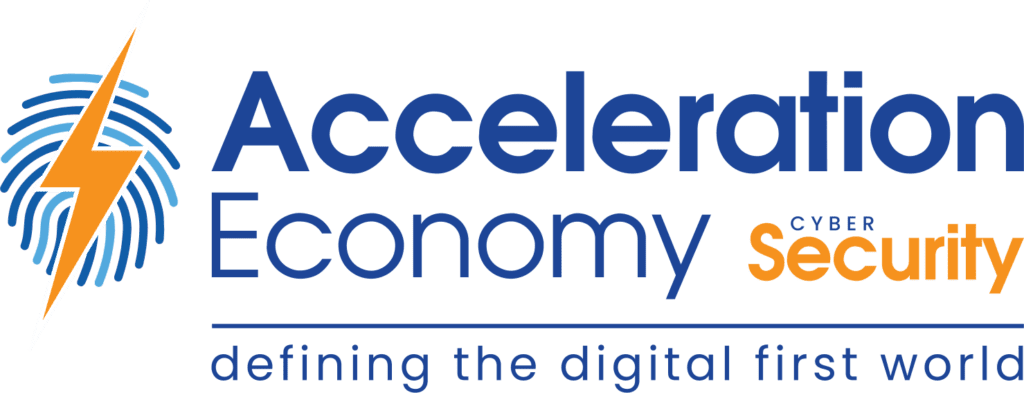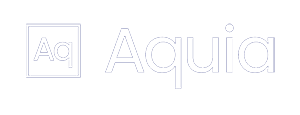What happens when you combine two security industry powerhouses to tackle some of cybersecurity’s most pervasive challenges?
Get ready to find out. Secrets management leader GitGuardian recently announced that it is becoming a part of the Snyk Technology Alliance Partner Program.
According to the announcement, Snyk and GitGuardian, which, combined, total more than 70% of the downloads in their respective GitHub security apps categories, are joining forces to “build, integrate and go to market together to help development and security teams scale their security programs and significantly reduce their applications’ attack surface at every stage of the code-to-cloud lifecycle.”
Both companies’ success on GitHub is a testament to their developer-first focus. This aligns with the broader industry push to DevSecOps.
This analysis will cover the GitGuardian and Snyk platforms and why the two companies’ alliance is such a force multiplier.

Which companies are the most important vendors in cybersecurity? Check out
the Acceleration Economy Cybersecurity
Top 10 Shortlist.
Secrets Management
As discussed in a previous analysis, secrets management — GitGuardian’s primary focus — is particularly challenging in modern cloud-native environments due to the exponential growth of access keys, infrastructure-as-code, and the ability to embed secrets into your code base. There have been several notable secrets management-related incidents such as the Samsung source code leak, which exposed over 6,000 secret keys.
GitGuardian highlights the challenge in its increasingly popular “State of Secrets Sprawl” report. The “2023 State of Secrets Sprawl” shows that a staggering number — 10 million — secrets were exposed on GitHub in 2022. That’s a nearly 70% increase from 2021.
According to another prominent industry report, IBM’s “Cost of a Data Breach Report 2022,” stolen or compromised credentials accounted for the primary attack vector in 20% of breaches; these breaches costs businesses an average of $4.5 million.
It’s clear the stakes are high for businesses that don’t implement successful secrets management. GitGuardian strives to strengthen security teams by providing complete visibility of their software supply chain security posture, including robust secrets management, as well as contextual security insights to mitigate noise and drive signals that are actionable.
Empowering Developers
Snyk focuses on empowering developers to secure everything from code to the cloud, covering the 4 C’s of the cloud-native paradigm: cloud, clusters, containers, and code.
Snyk is known for helping security shift left, which means advancing security earlier in the software development lifecycle (SDLC), where some suggest it is cheaper to address and also mitigates the chance of vulnerabilities making it into production. Another way to think of shifting security left is in terms of building security in, rather than bolting it on.
Snyk provides a robust set of products and tooling to perform functions such as Software Composition Analysis, Static Application Security Testing (SAST), and Snyk IaC, which scans infrastructure-as-code scripts and templates to identify misconfigurations and vulnerable configurations before they get deployed in a runtime environment. Snyk tooling is often leveraged directly by those writing the code, enabling them to catch secrets exposure before it takes place.
Final Thoughts
The combination of Snyk and GitGuardian brings a strong pair of partners together. The two companies are helping mitigate some of the most common and pervasive threats in the cloud-native ecosystem while also boasting strong developer support.
GitGuardian can help Snyk by bringing its deep expertise in secrets management to the Snyk portfolio. Meanwhile, thanks to its outsized growth in the market and rapid adoption by the developer community, Snyk can help GitGuardian functionality get into the hands of significantly more developers.
This combination will bring a lot of value to the community; help organizations drive down risks earlier in the SDLC; and ensure that secrets are not exposed for malicious actors to compromise and impact organizations.
Want more cybersecurity insights? Visit the Cybersecurity channel:











